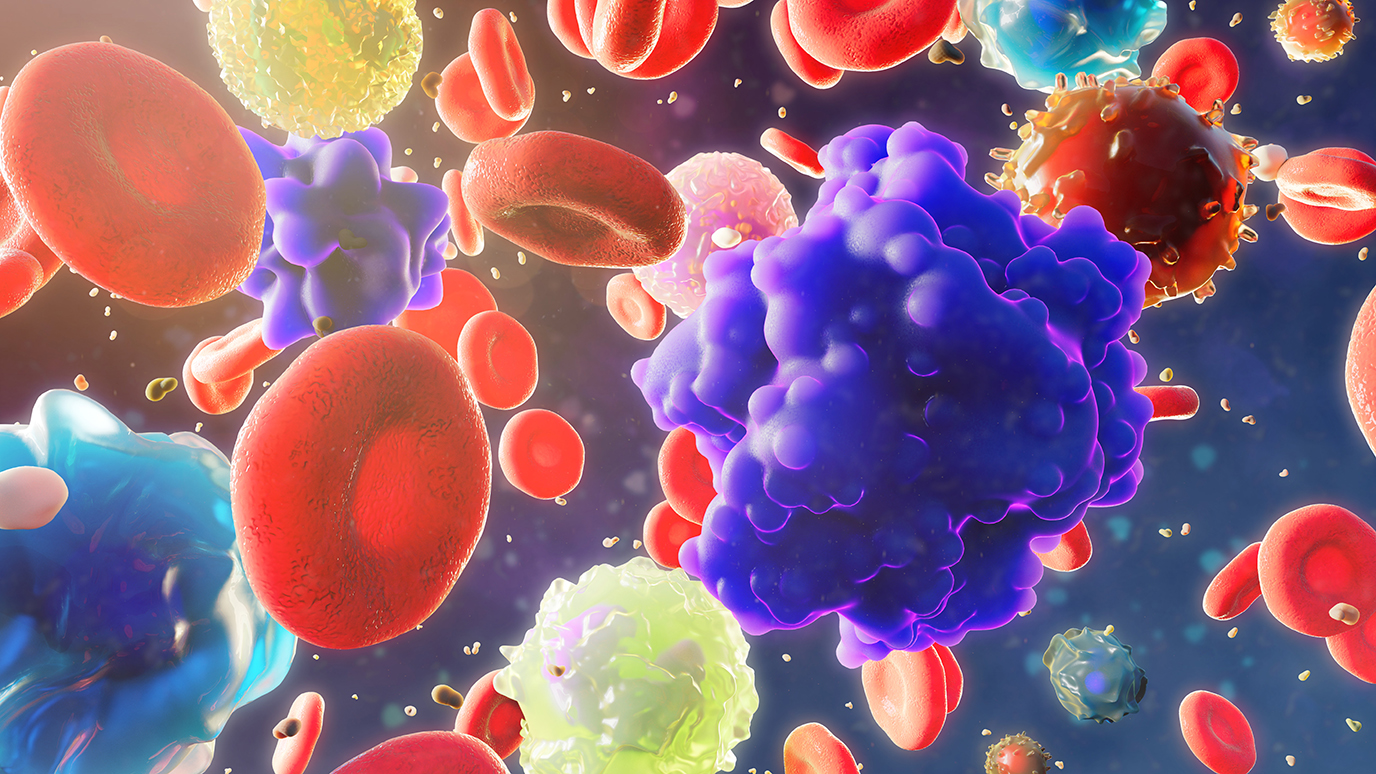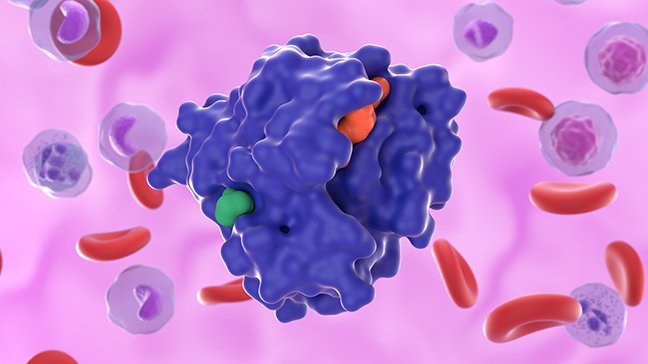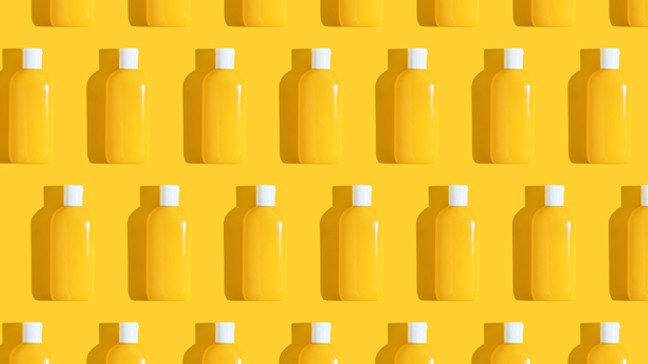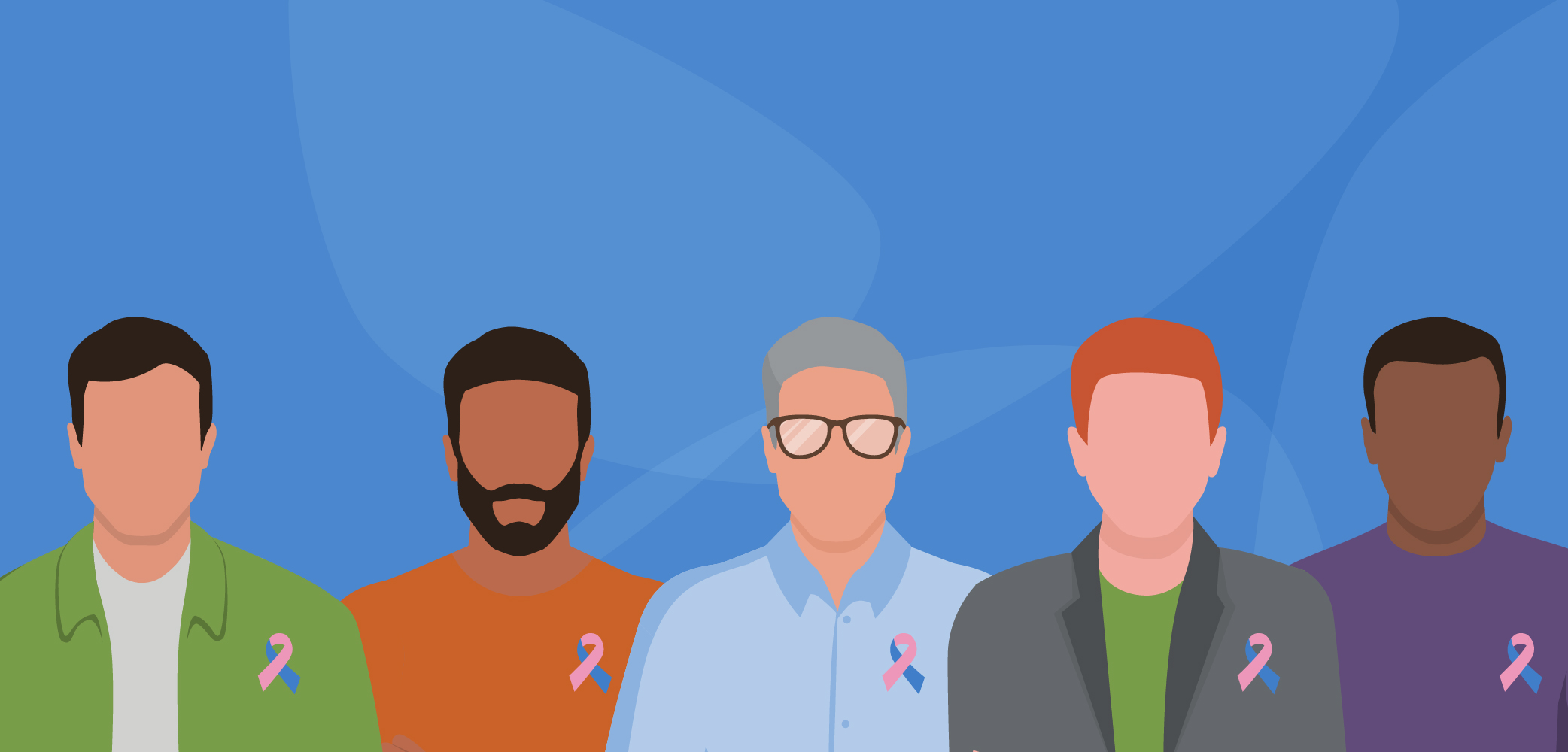- Diseases
- Acoustic Neuroma (16)
- Adrenal Gland Tumor (24)
- Anal Cancer (70)
- Anemia (2)
- Appendix Cancer (18)
- Bile Duct Cancer (26)
- Bladder Cancer (74)
- Brain Metastases (28)
- Brain Tumor (234)
- Breast Cancer (728)
- Breast Implant-Associated Anaplastic Large Cell Lymphoma (2)
- Cancer of Unknown Primary (4)
- Carcinoid Tumor (8)
- Cervical Cancer (164)
- Colon Cancer (168)
- Colorectal Cancer (118)
- Endocrine Tumor (4)
- Esophageal Cancer (44)
- Eye Cancer (36)
- Fallopian Tube Cancer (8)
- Germ Cell Tumor (4)
- Gestational Trophoblastic Disease (2)
- Head and Neck Cancer (14)
- Kidney Cancer (130)
- Leukemia (342)
- Liver Cancer (50)
- Lung Cancer (286)
- Lymphoma (278)
- Mesothelioma (14)
- Metastasis (30)
- Multiple Myeloma (100)
- Myelodysplastic Syndrome (60)
- Myeloproliferative Neoplasm (6)
- Neuroendocrine Tumors (16)
- Oral Cancer (102)
- Ovarian Cancer (178)
- Pancreatic Cancer (162)
- Parathyroid Disease (2)
- Penile Cancer (14)
- Pituitary Tumor (6)
- Prostate Cancer (150)
- Rectal Cancer (58)
- Renal Medullary Carcinoma (6)
- Salivary Gland Cancer (14)
- Sarcoma (238)
- Skin Cancer (302)
- Skull Base Tumors (56)
- Spinal Tumor (12)
- Stomach Cancer (66)
- Testicular Cancer (28)
- Throat Cancer (92)
- Thymoma (6)
- Thyroid Cancer (100)
- Tonsil Cancer (30)
- Uterine Cancer (86)
- Vaginal Cancer (18)
- Vulvar Cancer (22)
- Cancer Topic
- Adolescent and Young Adult Cancer Issues (22)
- Advance Care Planning (12)
- Biostatistics (2)
- Blood Donation (18)
- Bone Health (8)
- COVID-19 (360)
- Cancer Recurrence (120)
- Childhood Cancer Issues (120)
- Clinical Trials (628)
- Complementary Integrative Medicine (22)
- Cytogenetics (2)
- DNA Methylation (4)
- Diagnosis (240)
- Epigenetics (6)
- Fertility (62)
- Follow-up Guidelines (2)
- Health Disparities (14)
- Hereditary Cancer Syndromes (128)
- Immunology (18)
- Li-Fraumeni Syndrome (8)
- Mental Health (122)
- Molecular Diagnostics (8)
- Pain Management (62)
- Palliative Care (8)
- Pathology (10)
- Physical Therapy (18)
- Pregnancy (18)
- Prevention (940)
- Research (390)
- Second Opinion (78)
- Sexuality (16)
- Side Effects (616)
- Sleep Disorders (10)
- Stem Cell Transplantation Cellular Therapy (216)
- Support (408)
- Survivorship (330)
- Symptoms (182)
- Treatment (1794)
4 COVID-19 myths
5 minute read | Published April 16, 2020
Medically Reviewed | Last reviewed by an MD Anderson Cancer Center medical professional on April 16, 2020
Last updated Oct. 13, 2020
Have you heard the one about how the coronavirus (COVID-19) isn’t nearly as bad as catching the flu? How about the claim that only “old people” need to worry about COVID-19? Or even that taking a hot bath can stop COVID-19 after you’ve been infected?
None of these things are true. But myths like these can gain a lot of traction because people read or hear about them and then repeat them to friends and family. That’s why it’s important to separate fact from fiction before hitting the “share” button.
“Besides practicing social distancing and regular handwashing, sharing accurate information is one of the best things we can do to help slow the spread of COVID-19,” says infectious diseases and infection control specialist Roy Chemaly, M.D.
To set the record straight, here’s what he wants you to know about some of the most common myths related to COVID-19.
Myth #1: COVID-19 only affects “old people,” so I’m not at risk.
Fact: The COVID-19 pandemic concerns everyone, because people of any age can be infected with the virus that causes it. They can also pass that virus along to others — even if they never show any symptoms of infection.
And while most cases of COVID-19 are mild, the elderly and people with chronic health conditions, such as cancer, are even more vulnerable. Children appear to be both less susceptible to infection by the virus and less likely to develop COVID-19 as a result.
Still, says Chemaly, “It’s important to remember that healthy people in their 30s and 40s have developed severe COVID-19 symptoms, and some people with chronic health conditions in their 70s and 80s have not. So, no one is risk-free.”
Myth #2: Warm water or air can kill the coronavirus.
Fact: Bacteria that causes food-borne illness can be destroyed by exposing it to high temperatures during the cooking process. The same can be said of some other microorganisms, too. But contrary to what you might have heard, neither taking a hot bath nor drying your hands with a hair dryer set on high heat will kill the coronavirus — either inside or outside of your body.
The best way to keep surfaces in your environment clean is to wipe them down frequently with germ-killing aerosol sprays and antiseptic wipes. And washing your hands with soap and water — properly and frequently — is still the most important thing you can do to help prevent the spread of both coronaviruses and other infectious diseases.
If you actually have the coronavirus, though, the best thing you can do is stay at home. Take care of yourself there until the infection has run its course, or until your symptoms become severe enough that you need to seek medical attention.
“There is no existing treatment right now that can actually kill the virus,” says Chemaly. “At this point, we can only treat the symptoms. That’s why it’s so important to do everything you can to help slow the spread of COVID-19 — that includes staying home, practicing social distancing and practicing good hand hygiene.”
Myth #3: COVID-19 is not as bad as the flu.
Fact: COVID-19 is different from the flu in several important ways.
First, the 2019 novel coronavirus appears to be more contagious. A single individual can infect more people. Second, symptoms of the flu tend to come on suddenly, then get worse within a day or two. Symptoms of COVID-19 can be mild and much more gradual, building up over several days or even weeks. That means people may be spreading germs over a longer period of time and not even realize it.
Third, while most flu-related deaths are caused by secondary infections (such as pneumonia) or other complications, most deaths stemming from COVID-19 are caused by the body’s immune response to the virus itself.
“The severe respiratory distress syndrome that some people develop as a result of infection makes it hard for them to breathe,” explains Chemaly.
“Finally, because we haven’t encountered this particular coronavirus before as a species, we have no vaccine, no effective anti-viral treatment, and no immunity, whereas we have all three of those for the flu,” Chemaly says.
Myth #4: Social distancing doesn’t apply to me.
Fact: This myth has multiple variations: everything from, “I don’t have any symptoms, so I can still go out,” to “my local or state government hasn’t put a stay-at-home order in place, so I don’t need to do it” to “there aren’t that many coronavirus cases in my area, so I don’t need to worry” – or even “I’ve been pretty good about staying home, so it’s OK if I make an exception and go out this time.”
But they’re all untrue.
According to the Centers for Disease Control and Prevention, some people infected with the coronavirus may not show any symptoms. That means they might not even know they have COVID-19.
“And just because someone doesn’t know they have the coronavirus, doesn’t mean they’re not contagious,” says Chemaly. “They could still easily be spreading it around: whether by spending time in close contact with other people or by touching things like doorknobs and faucet handles. That’s why social distancing is so critical.”
That’s also why no city, part of town or neighborhood can be considered “safe,” even if few confirmed cases have been reported there yet. The lag in testing means the true number of cases is still unknown, so a lot of infected people might be walking around in public, not realizing they’re spreading the virus.
“Don’t underestimate your personal risk for coronavirus — or put others at risk — based on a false claim,” says Chemaly.
Related Stories
- What counts as COVID-19 exposure?
- Your COVID-19 vaccine questions, answered
- COVID-19 herd immunity, 7 questions answered
- Can air purifiers protect you from COVID-19?
Request an appointment at MD Anderson online or by calling 1-877-632-6789.

No one is risk-free.
Roy Chemaly, M.D.
Physician





